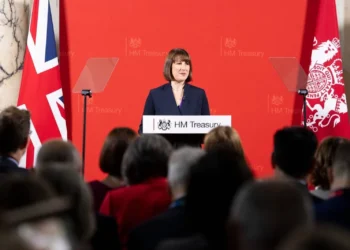The political landscape in Niger Republic has been mired in uncertainty and upheaval since the forcible removal of President Bazoum in a military coup in late July. Amidst this backdrop of turmoil, the Economic Community of West African States (ECOWAS) has taken a firm stance against the proposed three-year power transition plan put forth by Niger’s military junta.
ECOWAS’s Rejection and Regional Concerns
In a significant development, ECOWAS has outrightly rejected the military junta’s extended transition plan, which sought to maintain control for three years.
Abdel-Fatau Musah, ECOWAS Commissioner for political affairs, peace, and security, emphasized the region’s stance against prolonged transitions. Speaking to the BBC, Musah stated:
“Ecowas is not accepting any prolonged transition again in the region. They just have to get ready to hand over in the shortest possible time.”
He underlined that ECOWAS is focused on ensuring swift transitions of power to civilian rule.
Challenges and Warning Against Foreign Intervention
As Niger grapples with the aftermath of the coup, concerns about stability and the potential for foreign intervention loom large. The junta leader, Abdourahmane Tiani, addressed the nation through a televised broadcast, asserting that Niger would return to civilian rule within three years.
While Tiani did not provide intricate details of the transition plan, he urged political parties to present their vision for the transition within 30 days. Moreover, Tiani issued a stern warning against foreign intervention, asserting that Niger would not succumb to external pressure.
He stated, “If an attack were to be undertaken against us, it will not be the walk in the park some people seem to think.”
Implications for the Region and International Response
Niger’s political coup has ignited international condemnation and amplified existing vulnerabilities in a region plagued by coups and extremist threats. The junta’s ousting of President Bazoum has brought a fresh wave of instability to a region that has long grappled with political uncertainty and security challenges.
What Happens Next
As ECOWAS resolutely opposes extended transitions and urges a swift return to civilian rule in Niger, the international community watches closely to see how this stance impacts the trajectory of the political landscape.
With regional stability and democratic principles at stake, the coming months will be crucial in determining whether Niger can navigate a smooth path toward a civilian-led government or faces further upheaval.
As ECOWAS continues to flex its diplomatic and regional influence, the Niger junta’s response to its calls for expeditious power transfer remains a pivotal factor in shaping the nation’s immediate future and stability.












